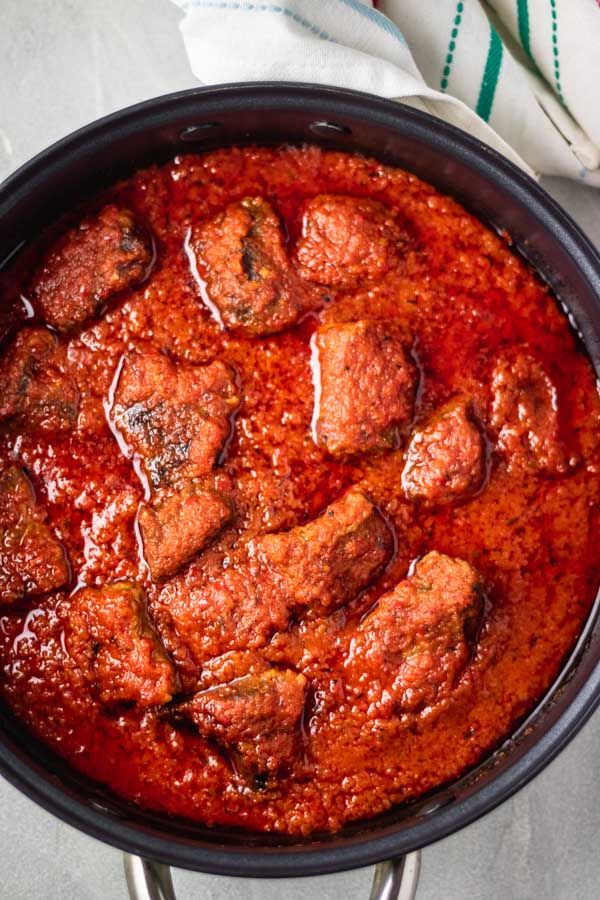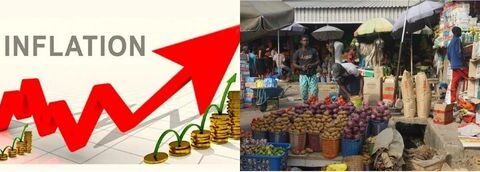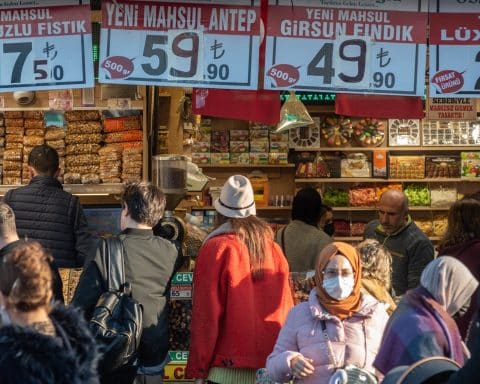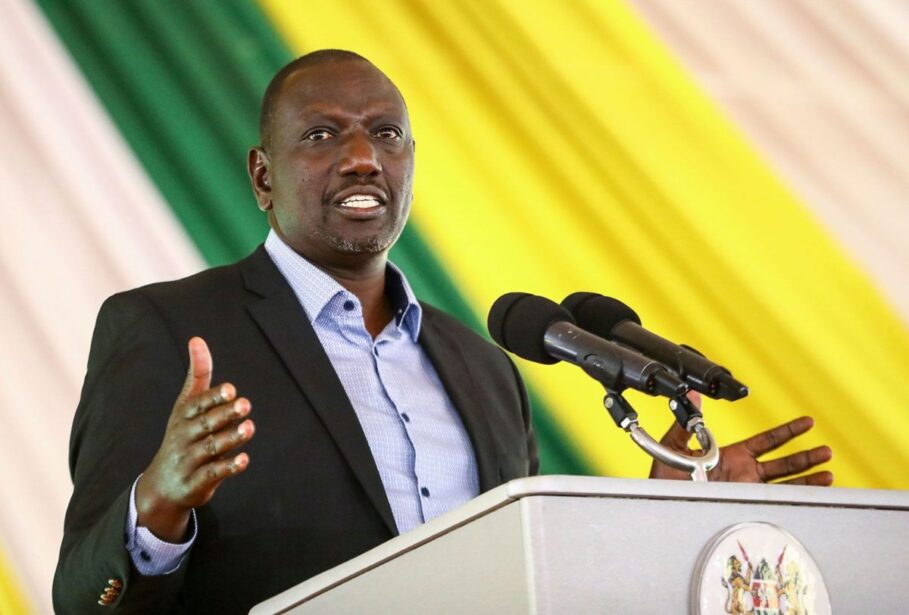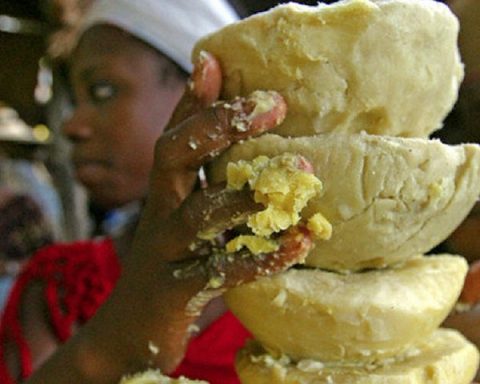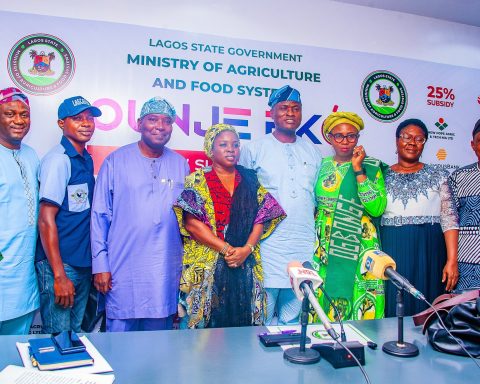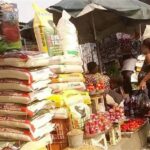In a disconcerting revelation from the latest stew index report by PricePally, the expense of preparing a pot of beef stew surged by 17 percent in 2023, painting a worrisome picture of escalating financial burdens for households across Nigeria.
“Amid the price hikes, I’ve had to significantly reduce the frequency of cooking soup to just once a week,” shared Mary John, a civil servant in Lagos, and a mother of two children, reflecting the struggle faced by many in managing increased cooking costs.
Join our WhatsApp ChannelThe report outlined a concerning trend in beef prices, illustrating a persistent climb since 2022. From January 2022’s cost of N2,441.43, the price catapulted to N3,590.97 in July 2023, marking a continuous and sharp increase over time.
READ ALSO: Nigerians’ Household Spending Surges To N61.07 Trillion Despite Soaring Inflation- NBS
The inaugural stew index detailed the prices of various stew varieties, with goat meat stew emerging as the most expensive option for Lagosians, followed closely by beef stew. Conversely, chicken stew was identified as the least expensive alternative.
Factors contributing to this financial strain encompassed a variety of economic influences, including fiscal policies, climatic conditions, and instability in farming regions. The report’s authors highlighted the compounded impact of these factors, particularly intensified challenges witnessed throughout 2023.
The surge in food prices has been exacerbated by government reforms, notably the removal of petrol subsidies and naira devaluation in the second quarter, amplifying the cost of living for consumers grappling with financial constraints.
Nigeria’s inflation rate reached an 18-year high of 26.72 percent in September, with food inflation soaring to 30.64 percent, accounting for half of the inflation rate. Meat, notably beef, emerged as one of the prime drivers of this surge in October.
Prime Business Africa also reported that the National Bureau of Statistics (NBS) revealed in its Expenditure and Income Gross Domestic Product (GDP) report that Nigerians spent N61.07 trillion on household consumption in the first half of 2023.
This inflationary tide has placed an overwhelming burden on households, with a report from SBM Intelligence revealing that Nigerians are expending 97 percent of their monthly income on food alone, severely straining budgets amid the prevailing economic turbulence.
As prices continue to surge, the financial strain on consumers persists, raising grave concerns about accessibility to basic necessities amidst Nigeria’s economic challenges.


